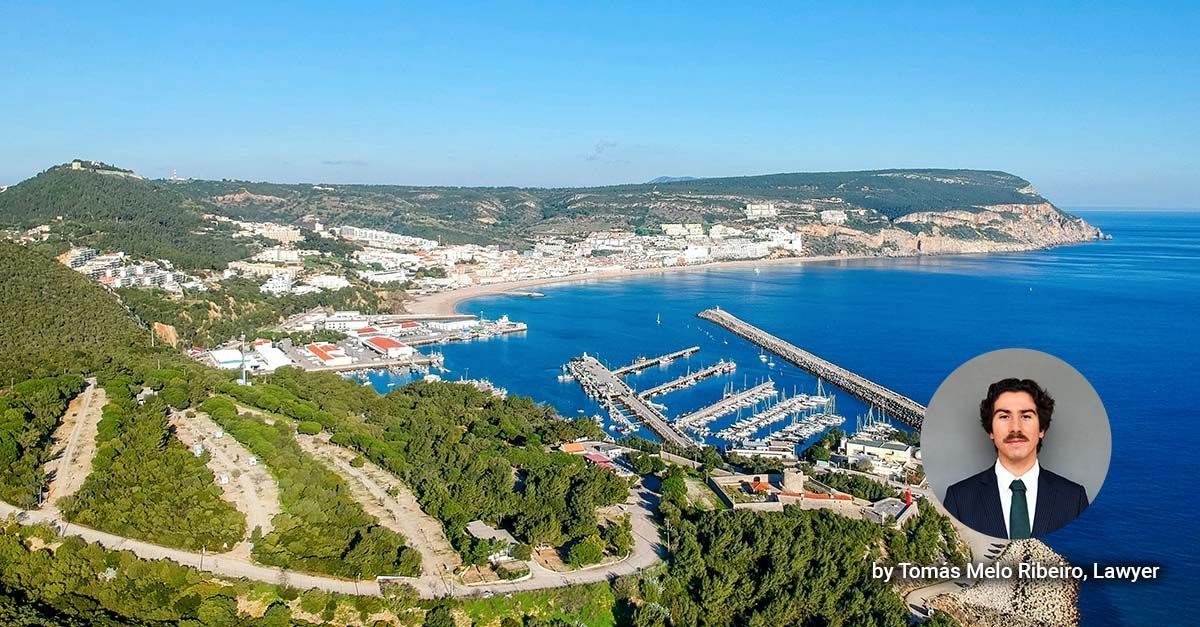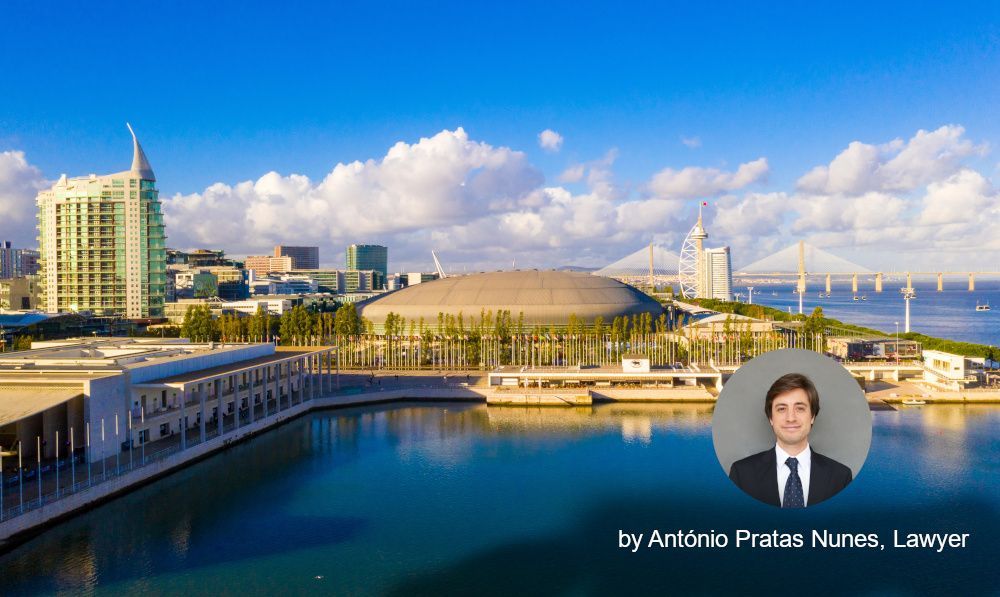Tax benefits on Urban Rehabilitation
With a view to encouraging the investment and renovation of the historical areas which are typically the most degraded, the Portuguese government added Article 45 to the Portuguese Tax Benefits Law, which provides tax exemption on the acquisitions of properties for urban rehabilitation.
This exemption is applicable on (i) Property Transfer Tax (IMT) whereby, after the conclusion of the rehabilitation works, the Portuguese Tax Authorities refund the Taxpayer of the IMT paid at the time of the property acquisition; and (ii) Property Annual Tax (IMI) through an exemption on its payment for the first 3 years (which may be renewed for 5 additional years upon request) if the property is for the owner's or the tenant's primary habitation.
These tax benefits are applicable provided that the Competent Entities confirm that the following requirements are met:
- The property:
- was firstly built more than 30 years ago; or
- is located within the Urban Rehabilitation Area (ARU) defined by the local Town Hall.
- Rehabilitation works are undertaken in accordance with the Legal Regime of Urban Rehabilitation within 3 years from the property acquisition.
- As a result of these rehabilitation works, the conservation status becomes two levels higher than the previous classification, being the minimum classification "good” in accordance with the applicable law. This conservation status level is determined by the local Town Hall, who inspects the property before and after the rehabilitation works.
It is also important to note that the IMT exemption is applicable, not only to the owner who undertakes the rehabilitation works, but also on the first sale of the property. In the latter case, the property must be purchased for permanent habitation rental purposes or in case the property is within ARU, it is for the buyer’s primary habitation.
An important aspect to bear in mind is that the IMT is a significant tax amount when acquiring a property, whose rate may be up to 7.5% over the property price. Therefore, a refund of such amounts is a very attractive tax benefit granted under the Portuguese Legislation.

Filipa Portela
Lawyer











